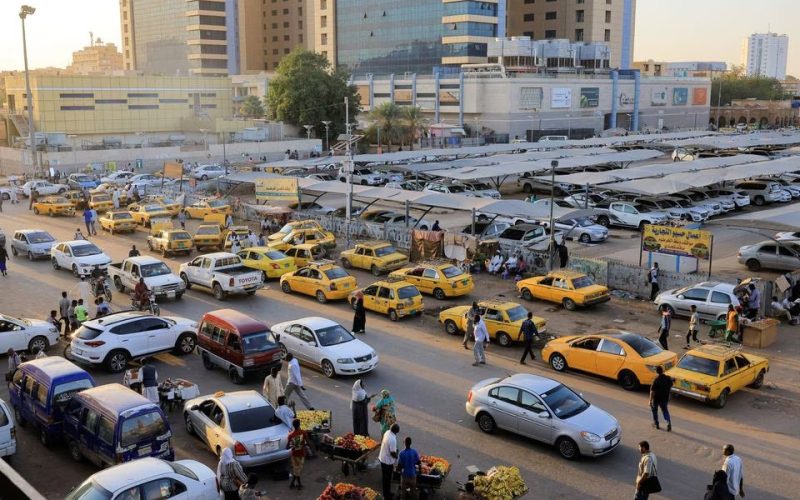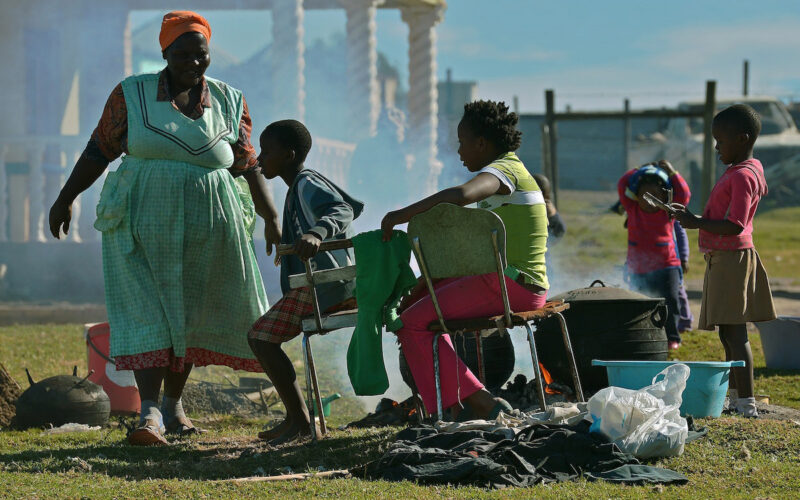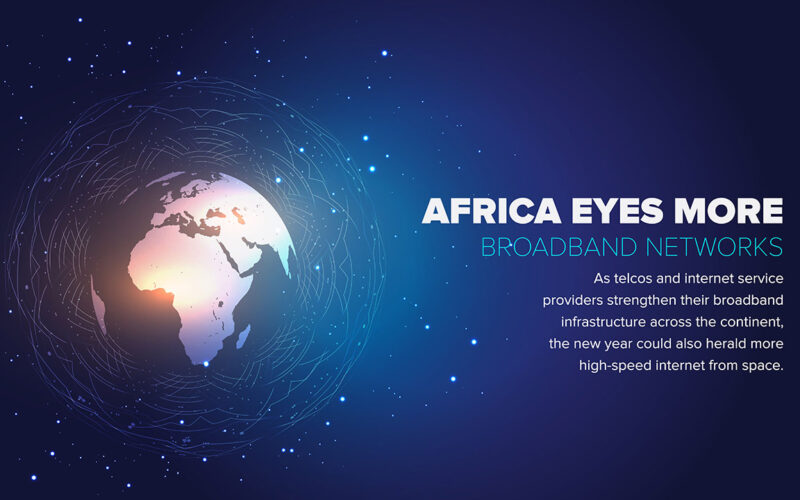
West Africa’s coast was a haven for piracy and illegal fishing – how technology is changing the picture
THE Gulf of Guinea – a coastal region that stretches from Senegal to Angola – is endowed with vast reserves of hydrocarbon, mineral and fisheries resources. It is also an important route for international commerce, making it critical to the development of countries in the region. IFESINACHI OKAFOR-YARWOOD, Lecturer, University of St Andrews For a long time, however, countries in the Gulf of Guinea haven’t properly monitored what’s happening in their waters. This has allowed security threats at sea to flourish. The threats include illegal, unreported and unregulated fishing, drug trafficking, piracy and armed robbery, and toxic waste dumping. For…







